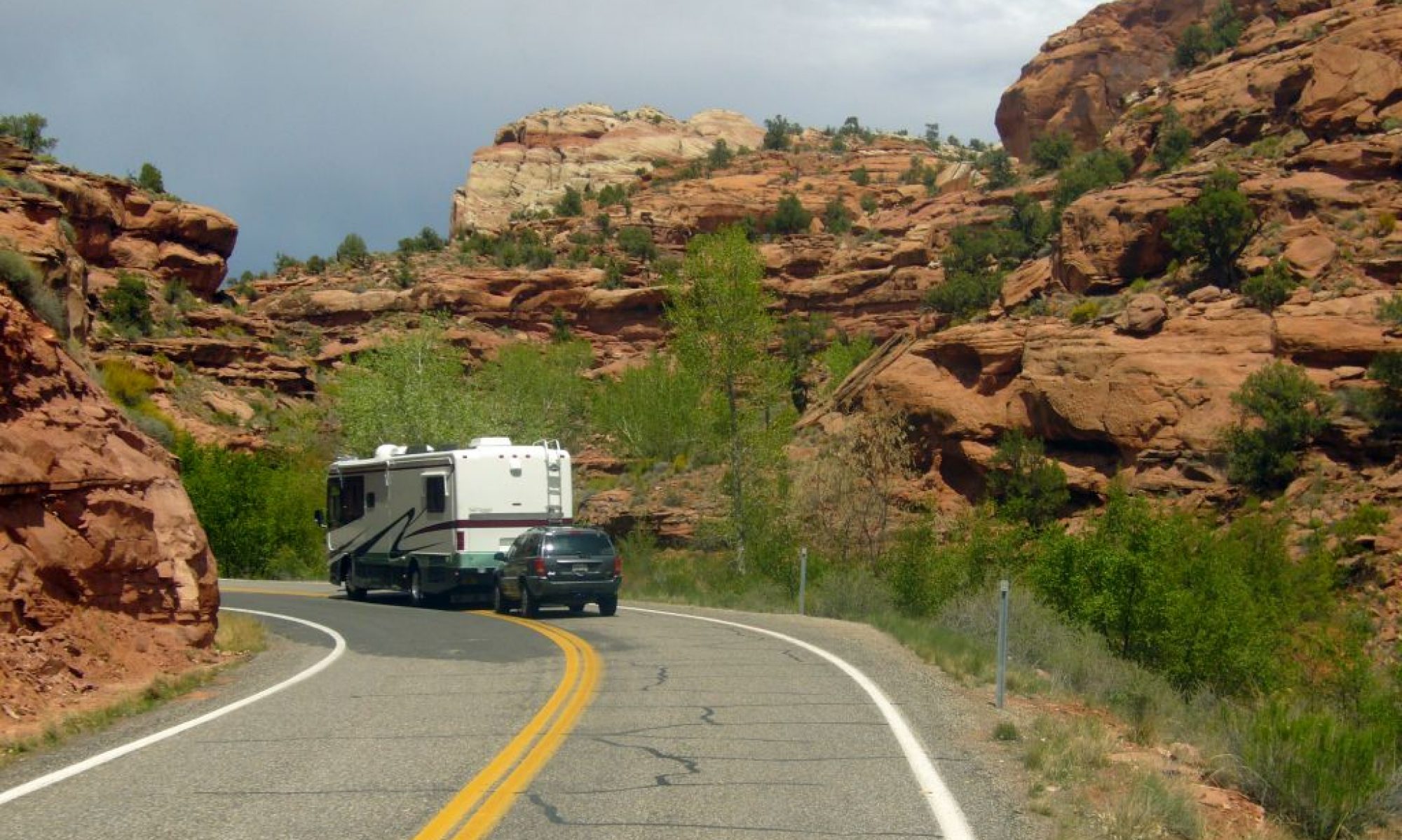This is very much a personal choice, sometimes dictated by what activities/locations you need to be near, how long you plan to stay, or if you’re in transit and merely need a place to sleep for the night. Some options are discussed below:
Private campgrounds and RV parks.
Membership campgrounds where you join an organization and are entitled to a limited number of nights at member campgrounds. These may be free or at reduced rates.
Some farms, wineries and breweries who have space for folks to boondock are participants in an organization such as Harvest Hosts. RVers pay an annual membership fee to Harvest Hosts and are entitled to a boondocking spot at one of the participating businesses.
A privately-owned lot that you purchase in a ‘condominium’ park. There will usually be fees, similar to homeowners or condominium fees. Many such parks allow you to rent out your lot when not in use, usually through the park’s rental pool.
Boondocking on BLM lands, National Forest campgrounds, and other public lands. In the case of BLM and public lands, it may be free, or you may need to purchase a permit.
Dry camping at Walmart, Cracker Barrel, Cabela’s, and Bass Pro Shops. Often the subject of debate among RVers, they can be useful as a brief overnight stay to get some rest before proceeding to the next stop. Some of these options/locations have been curtailed as RVers have abused the privilege.
Many casinos offer dry camping or full/partial hookups.
Freeway rest areas are not generally considered safe, although a number of RVers stay there. Some rest areas have signs saying “no overnight stay” or “no overnight camping”.
Truck stops such as Pilot/Flying J and Loves. One caveat – you may find yourself parked next to a truck with the engine or generator running all night.
Finding campgrounds
Hard copy (printed) campground directories list thousands of private and public campgrounds.
Directories/lists also exist for free sites.
Directories are also available online or on CD/DVD.
Smartphone apps are also available with much of the above information.
Workcamping
Some RVers choose a workcamping option, either at a private campground or at a public park. They work a limited number of hours a week and, in return, receive a free campsite and possibly free utilities. In some cases, they’ll receive a nominal payment in return for their work.

